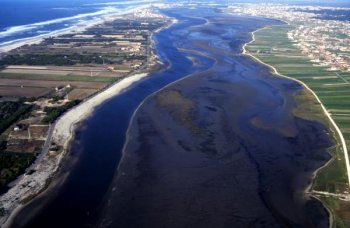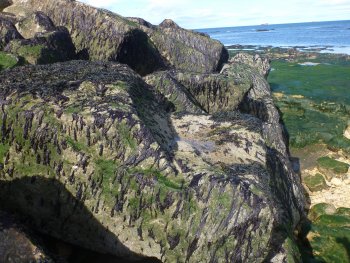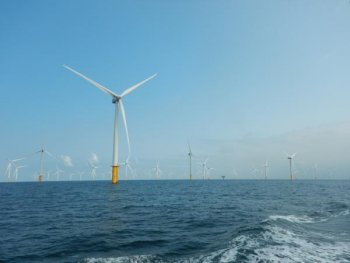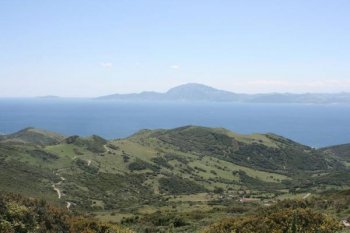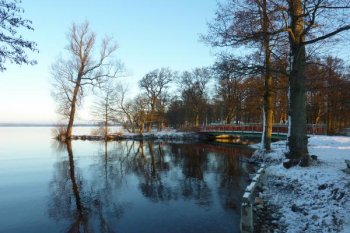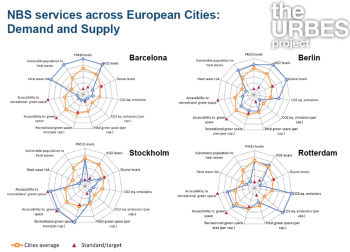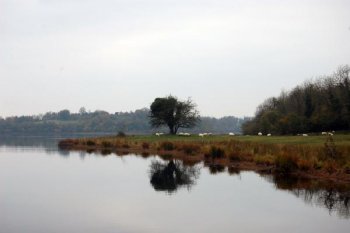H2020 AQUACROSS Case Study 5: Improving integrated management of Natura 2000 sites in the Ria de Aveiro Natura 2000 site, from catchment to coast, Portugal
Minimising the impacts of dredging and flood bank extension: In 2018/2019, in the Ria de Aveiro two management interventions will have negative unintended impacts on biodiversity: 1) a dredging programme to manage water flow and navigability in Ria de Aveiro coastal lagoon, and 2) the extension of a flood bank to stop surface saltwater intruding onto local farmland. The goal of this study is to apply adaptive management and minimise foreseen but unintended management challenges in a Natura 2000 protected area, which crosses fresh and marine waters, in the context of EU...

